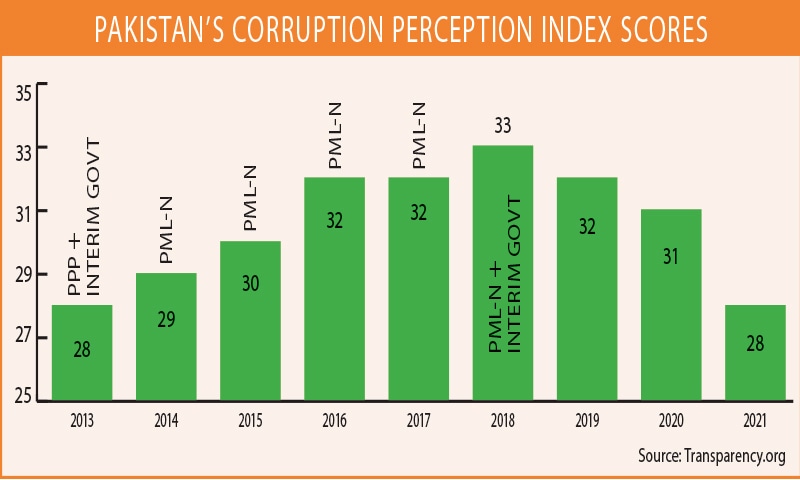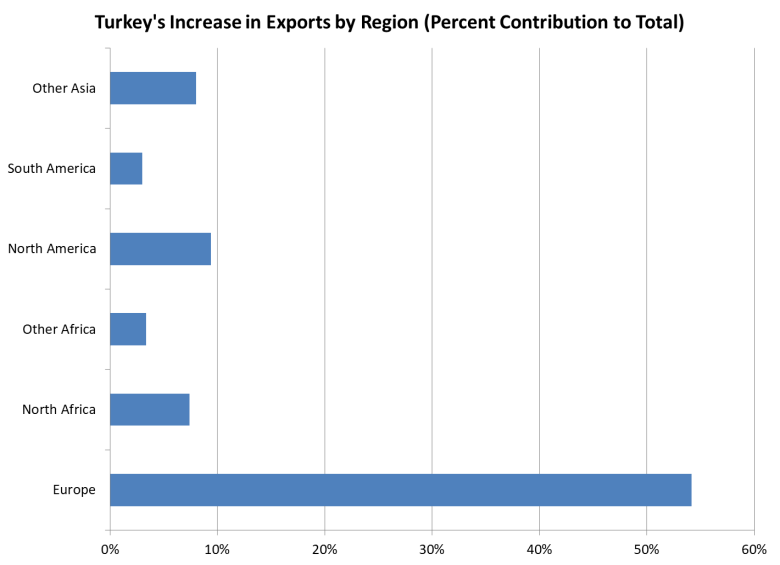How the truckers' convoy might show where the Conservative party is headed next
OTTAWA — A convoy of protesters against COVID-19 restrictions that has settled into downtown Ottawa has provided a test for the Conservative party as it rolls into a leadership race.

© Provided by The Canadian Press
"I spent the week undergoing the siege of Ottawa," Quebec Tory MP Pierre Paul-Hus said Friday on Twitter.
"If the motivation of truckers could be understood, the current situation is quite different," he added. "I ask that we clear the streets and that we stop this occupation controlled by radicals and anarchist groups."
Ontario Conservative MP Dean Allison replied that while he respects his colleague, he strongly disagrees.
Ginny Roth, a vice-president at the public relations firm Crestview Strategy and conservative activist, sees the protest as an expression of the populist sentiment that the Conservatives must contend with as they seek a new direction after the abrupt ouster of Erin O'Toole as leader.
"I don't think that the question is whether we should be more right-wing or left-wing," she said.
"It's how do we try to listen to people who feel completely like their lives have been turned upside down these last couple of years and who aren't sure what their role is in society."
O'Toole didn't mention the truck convoy when he issued a statement late Monday after news broke that he was facing an imminent threat to his job. But he did say the party was at a crossroads and that one direction to take would be "angry, negative and extreme," instead of what he described as a "winning message," "one of inclusion, optimism, ideas and hope."
Candice Bergen, the party's new interim leader, now faces the challenge of addressing the truckloads of protesters that are refusing to leave Parliament Hill and have been honking their horns and blocking street access for a week.
The protest has shuttered businesses and subjected residents to downtown streets gridlocked by idling trucks, blaring air horns and harassment. Nazi symbols and Confederate flags have been spotted in the crowds and monuments were desecrated. Ottawa Mayor Jim Watson has joined city councillors and others in referring to the protest as an "occupation" of the capital city.
Many Conservatives, including Bergen, have thrown their full support behind the protesters and their cause, which include demanding an end to all COVID-19 vaccine mandates.
Chris Alexander, a cabinet minister in former prime minister Stephen Harper's Conservative government, said recently on Twitter he was ashamed to see the party's MPs calling vaccine mandates a form of tyranny, particularly when Ukraine is under threat from Russia.
In an interview Friday, he said this language makes him concerned for the party's direction.
"I really don't think that vaccine mandates for a bunch of truckers who are obliged to get them by (U.S. President) Joe Biden anyway is a form of tyranny compared to these other threats."
Nunavut Sen. Dennis Patterson left the Conservative caucus on Friday to sit with the Canadian Senators Group. In an interview, he said he has been contemplating the move for awhile but the party's refusal to condemn the protest was the final straw.
"I'm appalled that we're being associated with extremists, lawless extremists who I'm thinking … have taken over from whatever moderates were there initially."
As for the party's direction, he said he's expressed concerns with the current leadership and plans on backing a candidate that will bring it toward the political centre.
"I am going to be fighting, continuing to fight and speak against what seems to have been an increasingly divisive and vitriolic approach."
On Friday, as police were preparing for more trucks and other protesters to descend upon the city, Bergen issued a statement urging a peaceful way out of the impasse.
"To the truck drivers in Ottawa: please remain peaceful. Call out and denounce any acts of hate, racism, intolerance or violence," she said in the statement.
"Canadians and Conservatives have heard you loud and clear. Regardless of political stripe, we all want an end to the demonstrations, and we all want an end to the restrictions."
An email from Monday, obtained by The Canadian Press, showed that Bergen, who was then deputy party leader, told fellow senior Conservative MPs: "I don't think we should be asking them to go home."
She added: "I understand the mood may shift soon. So we need to turn this into the (prime minister's) problem. What will he take (as) the first step to working towards ending this?"
Neither Bergen nor the Opposition Leader's Office has responded to a request for comment about her message. The Canadian Press has not viewed the rest of the email chain.
Pierre Poilievre, the party's high-profile finance critic who is considered a strong potential leadership contender, has fully endorsed the truck convoy. In a recent tweet he said that those on Parliament Hill are "championing freedom over fear."
Leslyn Lewis, the Ontario MP who was heavily backed by the party's social conservative and Western members in the last race, has also pledged support for the protesters.
What direction leadership candidates pitch to party members will be watched closely after O'Toole's approach as leader. When he was vying for the job in the 2020 race, he painted himself as a "true blue" conservative. But as leader, he said he wanted to grow support by putting a more moderate stamp on the Conservative brand, which included his embrace of carbon pricing.
Although there were Conservatives that welcomed O'Toole's introduction of a carbon price, many other MPs and party members, particularly in Western Canada, saw it as a betrayal to the party's stand against the Liberal government's program, which O'Toole had pledged to scrap.
"It's hard to not think that the policy's in some jeopardy," said Michael Bernstein, executive director of Clean Prosperity, a group that advocated for the Tories to embrace a carbon price.
The backlash in caucus and the grassroots grew stronger when O'Toole's strategy did not pay off in the 2021 election. The party failed to bring in more seats in key regions such as the Greater Toronto Area.
This report by The Canadian Press was first published Feb. 4, 2022.
— -With files from Emma Tranter in Iqaluit
Stephanie Taylor, The Canadian Press






















